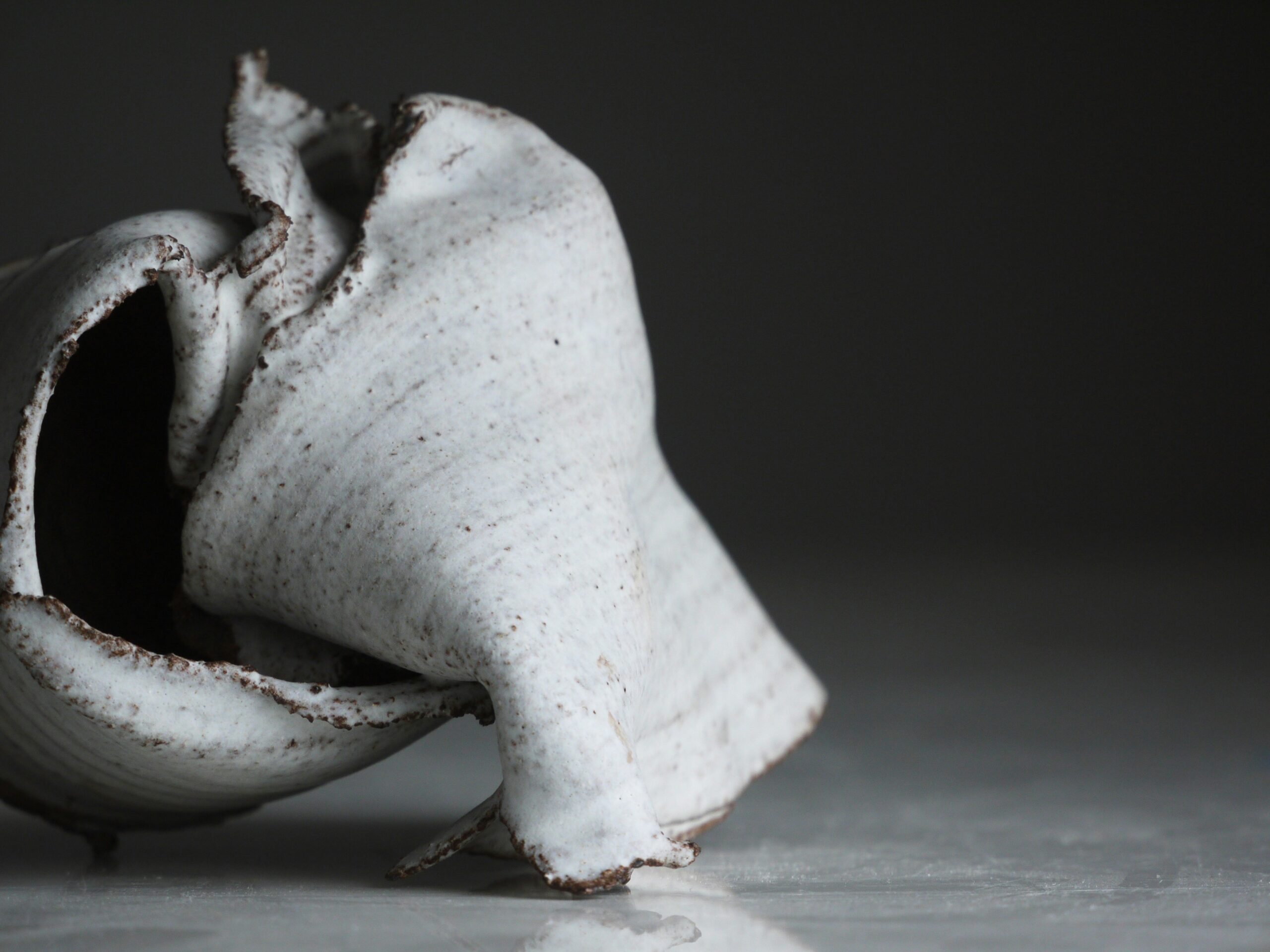
A study came out last week that dealt “A Decisive Blow to the Serotonin Hypothesis of Depression.” It’s all anyone in the mental health world seems to be able to talk about. Some people are incredulous, wondering how this could have happened. Others are angry that they were ever prescribed medication for depression in the first place. The anti-meds crowd is gloating. The pro-meds crowd is defensive. Meanwhile, I don’t know what to think. All I know is that the extreme reactions feel a bit unseemly.
Part of why I don’t know what to think is simply because I’m not a doctor, chemist, psychologist, or anything else that would have special expertise in medications or brain chemistry or anything of the sort. I’m a patient. That’s it. I rely on those experts to help guide me, and I’ll come back to that later. The other reason I don’t know what to think is because, if I’m understanding what I’ve read, scientists have been casting doubt on the serotonin hypothesis since it was first proposed more than fifty years ago. In fact, this new study is actually a review of all the studies that have been done over the past fifty-ish years and finds that all those studies show a lack of support for the hypothesis.
In my own experience of depression, the serotonin hypothesis has played virtually no role. I’ve been thinking a lot about it since reading the Psychology Today article. I cannot remember any time when my PCP, my therapist, or my psychiatrist told me that serotonin, or lack thereof, was the cause of my problem. Sure, I’d heard the theory, but never applied it to myself. I’m pretty sure the only time serotonin was mentioned at all was when my psychiatrist and I were discussing possible medications and she told me what SSRI stands for (selective serotonin reuptake inhibitor). I distinctly remember her telling me about how there are several different classes of drugs. SSRIs are the oldest and most studied but getting on medication would be a process of trial and error, both to see what works and to see what I tolerate without side effects. She told me right off the bat that they still don’t know exactly how these drugs work or what the results would be, so we had to be patient and observant. I did end up with an SSRI, but not because of the serotonin hypothesis. It was because it worked without side effects. And I can’t imagine it was the placebo effect since it wasn’t the first medicine I tried.
The reason I’m describing my own experience is I can’t imagine the reactions to the new study would be so extreme if my experience was typical. The most shocking thing in the article, for me, was the doctors that admitted they knew the serotonin hypothesis was wrong but told it to their patients anyway because it was easier than explaining the real science. I can’t help but wonder what my reaction would have been if that had been the case with me. I’m sure I would have been disappointed. I don’t want people coddling me. But I don’t think it would have been as strong as the actual responses I’m seeing.
The reason I can’t get as excited as everyone else about this study is I don’t really see what it changes. Again, I’m no expert, but it sounds like all the experts already knew. That leaves the big revelations that pharmaceutical companies misled the public through their advertising campaigns and doctors are condescending toward their patients to make their lives easier. That’s about as revelatory as saying that water is wet and the sky is blue. I’m not sure why this study lands a “decisive blow” when none of the other studies did.
I’m sure I’ll ask my psychiatrist and therapist about the study the next time I talk to them. But I don’t desire or anticipate any changes to my treatment. One thing this study definitely did not do is say anything about the efficacy of anti-depressants, even SSRIs. Unless that changes, I’m more stable than I’ve been in months, I see no reason to change things up. Of course, no two patients are alike, so I’m certainly not recommending anything for anyone else. Remember, I’m not an expert. It’s just, lost in all the hubbub around the study, there may be others who are happy with their current treatment plan. I want them to know that it’s ok and they’re not alone.











